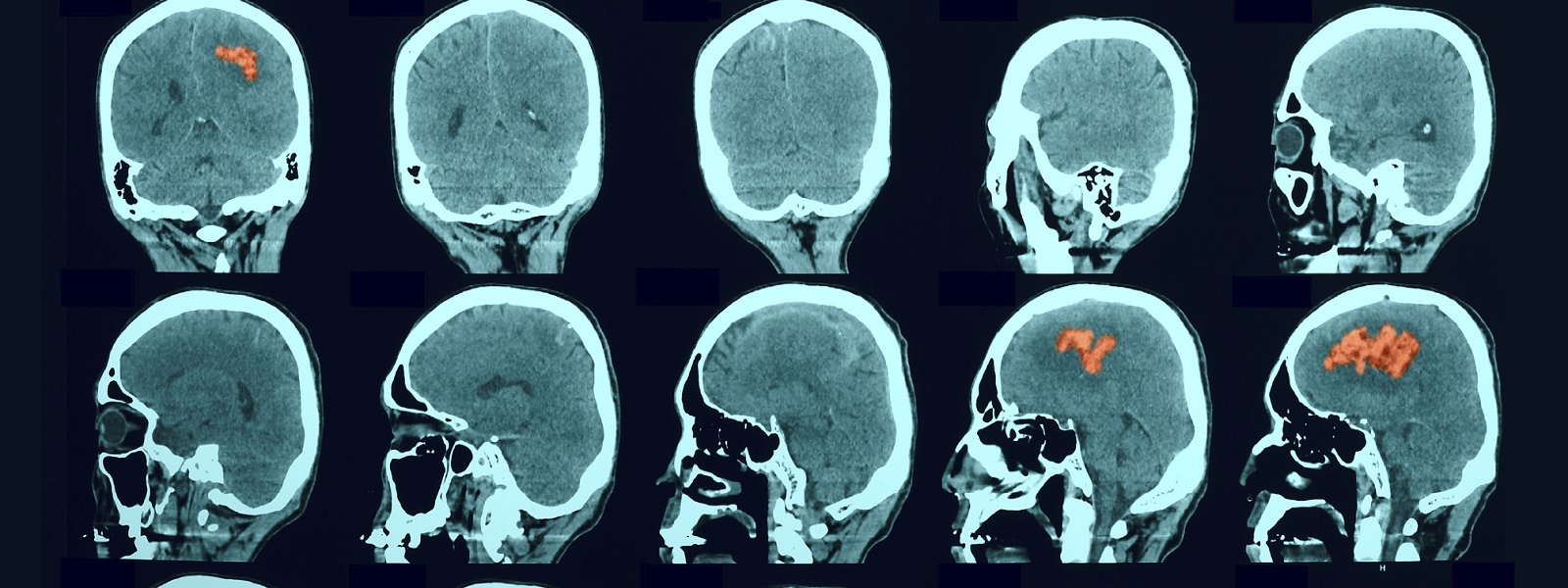The aim of the Stroke Research Group is to share the latest stroke research and encourage collaborations between researchers and within various disciplines.
The group has over 60 members, with expertise in many areas including:
- Psychology
- Biomedical Engineering
- Speech and Language Therapy
- Biological Sciences
- Physiotherapy
Research group members are based in various universities including the University of Strathclyde, University of Glasgow, Glasgow Caledonian University and Edinburgh University.
In addition, our members also work in stroke services and charity organisations such as the NHS, The Stroke Association and CHSS.
Current Projects
Testing user acceptability and enhanced feedback capacity for the Move-able Upper Limb Trainer
Ross Collins, Dr Andrew Kerr, Dr Avril Thomson (University of Strathclyde)
The aim of this research was to evaluate and enhance an existing prototype, an upper limb trainer designed by Move-Able Ltd. User feedback on the trainers and the use of sensors to incorporate feedback and track progress while using the device was acquired via independent interview to determine user acceptability.
An investigation into the feasibility of implementing an online monitored, home-based, upper limb rehabilitation programme for stroke survivors to improve motor performance using Graded Repetitive Arm Supplementary Program (GRASP) and mirror therapy.
Lesley-Anne Rollins, Professor Madeleine Grealy, Professor Bernard Conway, Dr William McGeown (University of Strathclyde), Dr Terry Quinn (University of Glasgow)
The aim of this study is to investigate the feasibility of implementation of an 8-week, home-based, rehabilitation programme using GRASP and mirror therapy. The programme will be monitored online, and motor performance outcomes of the upper limb and hand will be assessed pre and post programme using motion tracking technology along with the action research arm test (ARAT) and 9-hole peg test as standard clinical measures.
An investigation into the effect of transcranial direct current stimulation (tDCS) and mirror therapy on arm and hand performance in stroke survivors.
Lesley-Anne Rollins, Professor Madeleine Grealy, Professor Bernard Conway, Dr William Mc Geown (University of Strathclyde), Dr Terry Quinn (University of Glasgow)
The aim of this research is to investigate the effect of transcranial direct current stimulation (tDCS) and a 6-week home-based mirror therapy programme on the arm and hand movements of stroke survivors. Performance will be measured by electromyography (EMG) and motion tracking technology. Our goal is to develop a simple, inexpensive and effective rehabilitation strategy that can be used with minimal supervision in the home.
Immunomodulation of ischemic stroke by microglia
Panicha Aruvornlop, Dr Michele Zagnoni, Dr Hilary Carswell (University of Strathclyde)
We use in vivo and in vitro systems to explore the plasticity of microglia in response to stroke and how that can be taken advantage of to improve brain repair and recovery after stroke.
Improving mesenchymal stem cell function for stroke using silk biomaterials
Suttinee Phuagkhaopong, Dr Hilary Carswell, Dr Philipp Seib (University of Strathclyde)
We have recently shown that silk biomaterials are biocompatible with host tissue and promote proliferation of endogenous and exogenous cells. We will explore the potential of silk biomaterials to promote angiogenesis and neurogenesis after stroke with the ultimate aim of improving brain repair after stroke.
Feasibility of Enhanced Treadmill Based Gait Training After Stroke.
Karen Chase, Chanwit Phongamwong (University of Strathclyde), Dr Mark Barber, Fiona Cooke (NHS Lanarkshire), Dr Niall Hughes, Lynda Williamson (NHS Greater Glasgow and Clyde) Dr Andrew Kerr (University of Strathclyde)
Recruiting from NHS Lanarkshire and NHS Greater Glasgow and Clyde we are testing the feasibility of using treadmill training with a combination of virtual reality, body weight suspension, orthotics and electrical stimulation. We have two training locations, Coathill hospital and Queen Elizabeth University Hospital and are looking at stroke patients with impaired walking, medically stable and within 12 months of their stroke.

